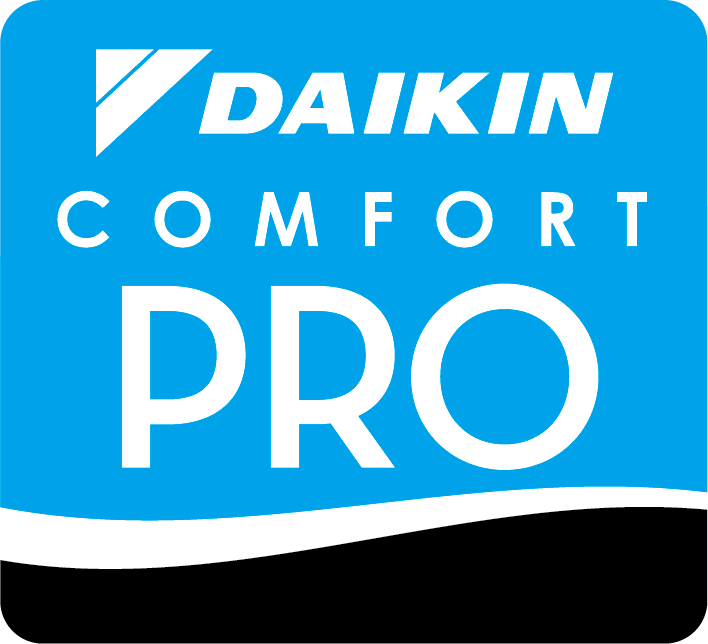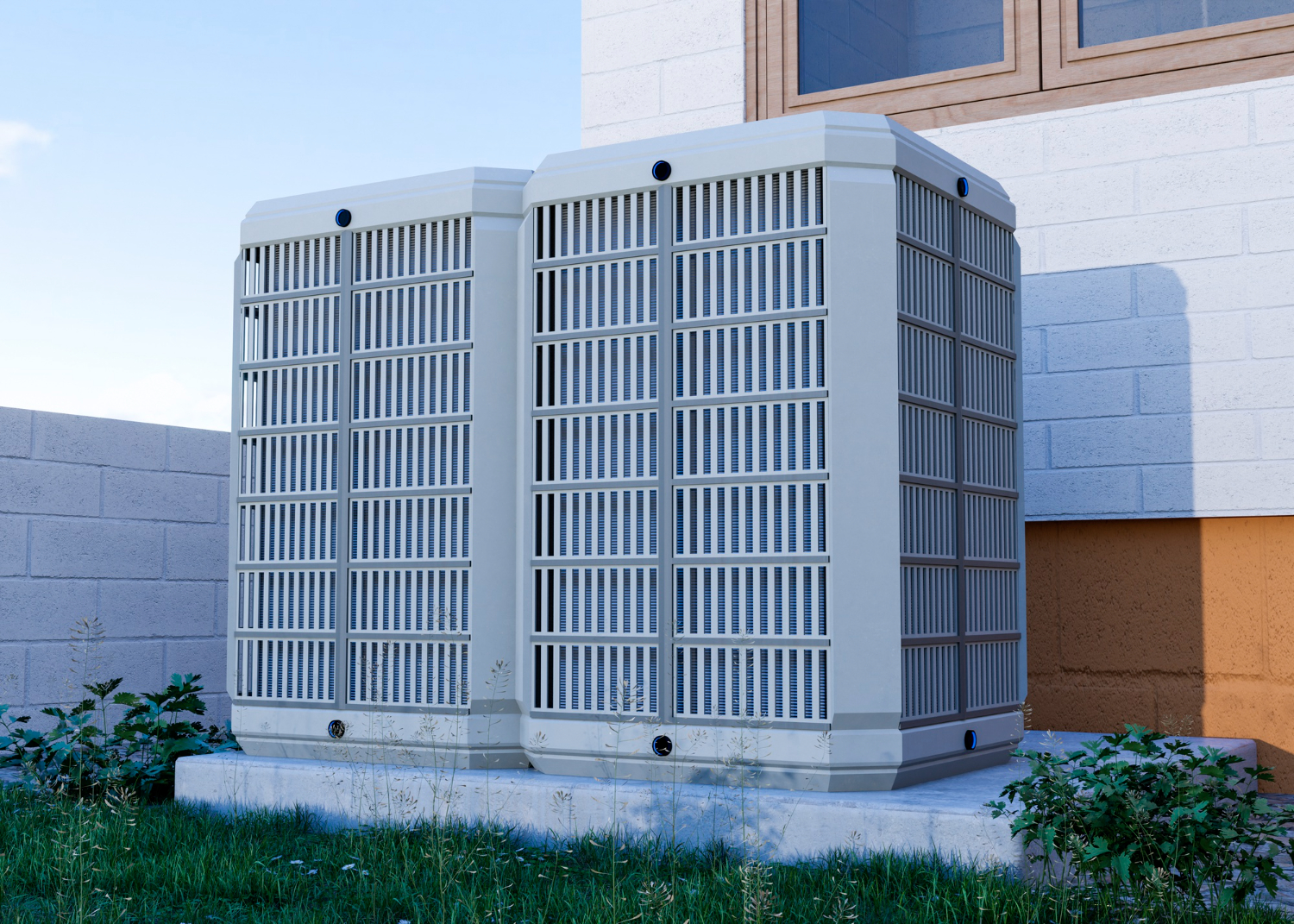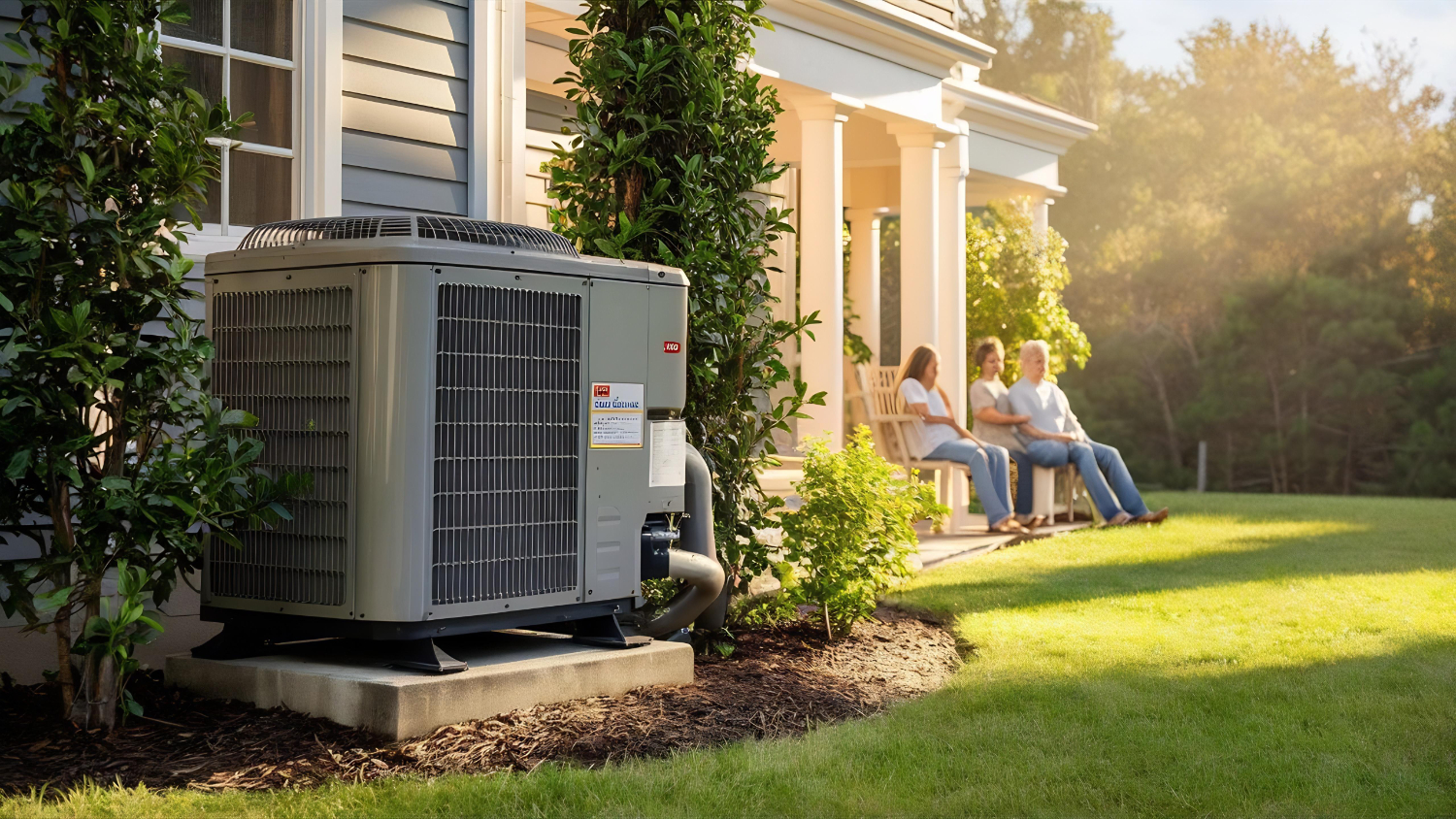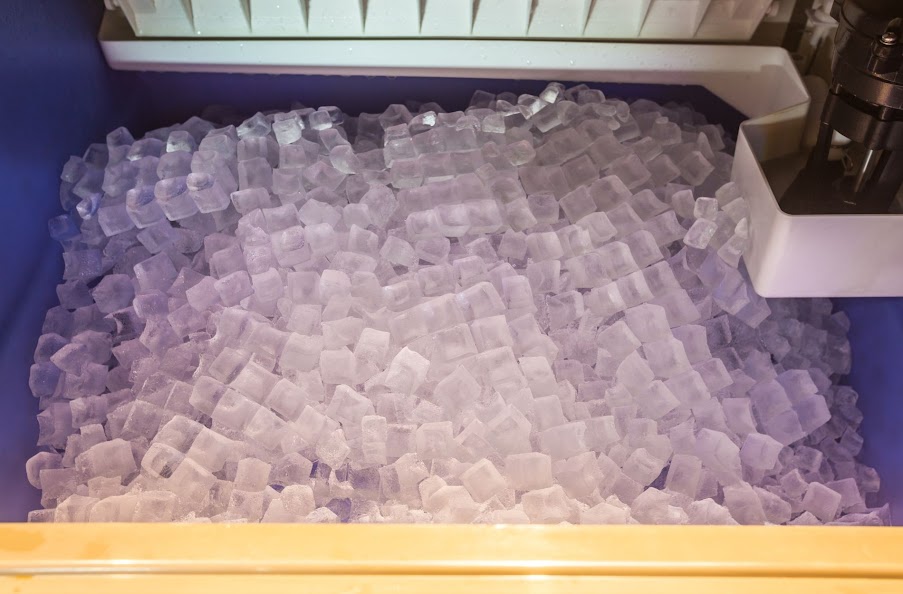Air Cleaners In Florida: Debunking Myths And Presenting The Facts
Florida’s warm climate and outdoor allergens often drive homeowners to seek ways of improving indoor air quality. Air cleaners have become an increasingly popular option for this purpose in Flagler Beach homes. However, many misconceptions and myths surrounding air cleaners have led to confusion between their real benefits and false claims. It is crucial to separate facts from fiction to make informed decisions about implementing air cleaning solutions in your home.
Continue reading as we at Accu-Temp Heating & Air Conditioning aim to debunk common myths surrounding air cleaners and present the facts, helping you understand their effectiveness, efficiency, and the benefits they can offer to Florida homeowners. By the end, you’ll have a clearer perspective on air cleaners, enabling you to determine whether investing in an air purification system is the right choice for your Flagler Beach home and your family’s health and well-being.
Myth 1: Air Cleaners Completely Eliminate Allergens And Contaminants
Fact: While air cleaners can significantly reduce the amounts of allergens and contaminants in your indoor environment, it’s important to recognize that no air filtration system can entirely remove all pollutants and allergens from indoor air. Air cleaners are designed to capture and neutralize many airborne particles, such as dust, mold spores, pollen, and pet dander, but their effectiveness depends on factors such as filter type, system efficiency, and proper maintenance. Enhancing indoor air quality involves not only using air cleaners but also adopting other practices, such as proper ventilation, regular cleaning, and humidity control.
Myth 2: All Air Cleaners Are The Same
Fact: Air cleaners come in various types and designs, each offering different levels of air filtration effectiveness. Some common types of air cleaners include:
- Mechanical Filters: These air cleaners work by physically trapping particles on their filter media. The most well-known mechanical filter is the High-Efficiency Particulate Air (HEPA) filter, which can capture particles as small as 0.3 microns.
- Activated Carbon Filters: These filters use adsorption to capture pollutants, such as volatile organic compounds (VOCs) and odors, making them effective in removing chemical contaminants and smells from indoor air.
- UV Germicidal Irradiation Cleaners: These air cleaners use ultraviolet (UV) light to kill or inactivate microorganisms such as bacteria, viruses, and mold spores.
- Electronic Air Cleaners: Also known as electrostatic precipitators, these cleaners use an electric charge to collect particles. They can effectively remove various types of airborne particles, including pollen, dust, and smoke.
When selecting an air cleaner, consider factors such as the type of pollutants you wish to remove, your home’s size, and any specific health concerns you or your family may have.
Myth 3: Ozone-Generating Air Cleaners Are Safe And Effective
Fact: Some air cleaners, marketed as “ozone generators,” intentionally produce ozone to eliminate contaminants. While ozone can be effective in neutralizing certain chemicals and odors, it can also be harmful to human health when present at high levels indoors. Exposure to elevated ozone concentrations can cause respiratory issues, throat irritation, and even damage lung tissue, especially for people with asthma or other pre-existing conditions. The Environmental Protection Agency (EPA) recommends against using ozone-generating air cleaners in occupied spaces, as their benefits may be outweighed by potential health risks. Instead, consider other air cleaning options, such as HEPA filters, activated carbon filters, or UV-C germicidal devices that do not generate harmful levels of ozone.
Myth 4: Energy Consumption Of Air Cleaners Is Extremely High
Fact: While some air cleaners might consume more energy than others, many energy-efficient models need minimal electricity to operate. Look for air cleaners that have been certified by ENERGY STAR, which ensures they meet strict energy efficiency guidelines set by the EPA. These air cleaners can provide better air filtration performance using less energy, which can result in savings on your electricity bill. It is also crucial to maintain your air cleaner properly, as clogged or dirty filters can reduce efficiency, causing the system to work harder and consume more energy. Regularly replace or clean the filters, as recommended by the manufacturer, to maintain optimal energy efficiency.
Myth 5: Air Cleaners Aren’t Necessary If You Don’t Have Allergies
Fact: While allergy sufferers and those with respiratory issues can undoubtedly benefit from improved indoor air quality, air cleaners can provide benefits for all occupants in a home. Good indoor air quality is vital for overall health, as indoor air can contain a variety of contaminants and irritants, including mold spores, pet dander, dust, and chemical pollutants. In addition to allergen reduction, air cleaners can also help reduce odors and improve general cleanliness in the home. Furthermore, improved air quality can contribute to a more comfortable living environment, promoting overall well-being for all household members.
Clear The Air With Expert Indoor Air Quality Solutions
Separating myths from facts surrounding air cleaners empowers you to make informed decisions about improving your Flagler Beach home’s indoor air quality. Air cleaners can play a significant role in enhancing your home’s air quality and, combined with other best practices like proper ventilation and regular cleaning, contribute to a healthy and comfortable living environment for you and your loved ones.
Our experienced team at Accu-Temp Heating & Air Conditioning is here to help you assess your home’s indoor air quality in Daytona Beach, FL, and recommend the most suitable air cleaning solutions. Don’t allow misconceptions to cloud your judgment – reach out to us today to discuss the best air cleaning options for your home and breathe easier, knowing we’re here to guide and support you in achieving a healthier indoor environment.







